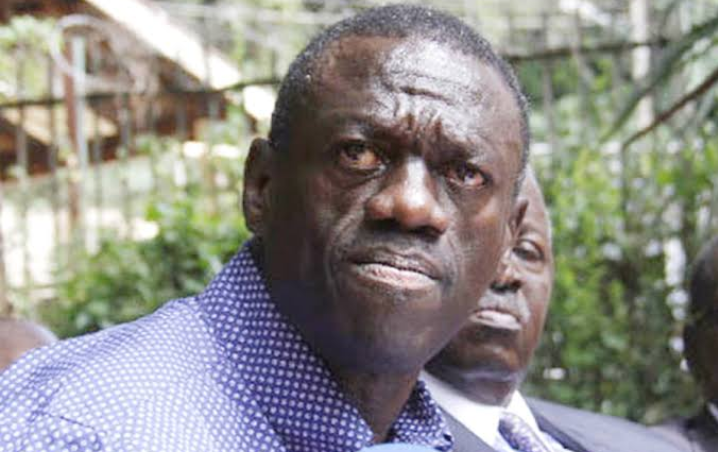The abduction of Uganda’s veteran opposition leader Kizza Besigye in Nairobi has sparked alarm over regional security and political repression.
Besigye, a long-time critic of Ugandan President Yoweri Museveni, disappeared on November 16, 2024, while visiting Kenya.
He was last seen at an apartment complex on Riverside Drive, where he had arranged a meeting with an unidentified individual.
His disappearance came shortly after attending a book launch organized by former Kenyan Justice Minister Martha Karua.
Days later, Besigye was discovered in a military detention center in Kampala, Uganda, reigniting concerns over cross-border suppression of dissent.
This incident reflects a disturbing trend of abductions targeting political activists within East Africa.
In July 2024, 36 Ugandan activists were detained in Kisumu, Kenya, and subsequently extradited to Uganda, where they were charged with treason.
Many of these activists reported being tortured during their detention.
Besigye’s abduction bears similar hallmarks, suggesting a deliberate strategy to intimidate and silence opposition voices.
Kenyan authorities have come under fire for their slow response and apparent lack of transparency regarding Besigye’s disappearance.
Critics have questioned how such a high-profile abduction could occur and why Kenya’s security apparatus failed to intervene.
The logistics of forcibly transporting Besigye nearly 500 kilometers to Uganda suggest either a serious security oversight or potential collusion.
Kenya’s track record in similar cases, such as the deportation of Turkish nationals to Ankara in 2024, adds to the skepticism surrounding its commitment to human rights and the rule of law.
Winnie Byanyima, Besigye’s wife and a leading civil society figure, has demanded his immediate release, condemning his detention in a Ugandan military facility as a gross violation of international law.
International organizations and regional observers have echoed her concerns, viewing the abduction as a breach of protocols meant to protect political freedoms and prevent cross-border abuses.
The incident highlights the fragile state of democracy in East Africa, where governments increasingly use forceful and illegal means to suppress opposition.
It also casts a harsh light on Kenya, traditionally seen as a hub for regional diplomacy and democratic ideals, now struggling with accusations of complicity or incompetence in handling such incidents.
The abduction of Kizza Besigye raises critical questions about the future of political freedoms in the region and the role of international bodies in holding perpetrators accountable.
The diplomatic and security implications for Kenya-Uganda relations are profound, with the incident likely to intensify calls for greater regional accountability and respect for human rights.




















Add Comment